Maintaining crystal clear water in your swimming pool is essential for hygiene, safety, and enjoyment. One of the most cost effective and widely used filtration methods is the pool sand filter. Sand filters are easy to operate and maintain, making them a popular choice among pool owners. But how does a pool sand filter work exactly?
This guide explains the filtration process, benefits, maintenance needs, and how sand filters compare with other systems.
What Does a Pool Filter Do?
Your swimming pool filter plays a central role in water clarity. It works in partnership with your pool pump, sanitisation system, and cleaning tools like a cleaning net to remove dirt and debris, dirt particles, and contaminants from your pool water.
A high quality filter system not only improves water clarity but also ensures that pool chemicals work effectively by reducing the load of organic matter.
What Is a Pool Sand Filter?
A sand filter is a type of filter system that uses sand media to trap contaminants. Pool water enters the filter tank and passes through a chamber filled with sand, which catches debris, oils, and smaller particles. This process is known as pre filtration.
The clean, purified water is then expelled back into the pool. Most sand filters are designed to trap particles as small as 20 microns, making them highly effective for everyday pool maintenance.
How Does a Pool Sand Filter Work?
The Filtration Process
Here is a breakdown of how sand filters work
- The pool pump draws water from the swimming pool
- Water flows into the multiport valve, directing it into the filter
- The water trickles through the sand bed, typically made of silica sand or glass media
- Dirt particles, algae, and oils are trapped between grains of filter sand
- The clean water flows through slotted pipes called laterals and exits the filter
- The water returns to the pool, clear and safe for the whole family
Sand Filter Technology and Media
Silica sand consists of angular granules that physically block and hold contaminants. Glass media offers a finer filter option, often filtering particles down to 10 microns. Sand itself is inexpensive, widely available, and lasts longer than many alternatives.
How to Know When Your Sand Filter Needs Attention
A pressure gauge is your best friend here. It provides a good indication of when the filter requires cleaning. If the pressure reading is 10 PSI higher than normal, it is time to backwash the filter.
As the filter sand gets older, the flow rate decreases, and high pressure becomes common due to reduced water flow. Eventually, replacement sand will be needed to maintain performance.
The Backwashing Process
Backwashing is essential for the low maintenance operation of sand filters. This process reverses the flow of water to remove trapped contaminants and drain them through the waste line.
How to backwash a sand filter
- Turn off the pump
- Set the multiport valve to Backwash
- Turn on the pump for 2 to 3 minutes until the water in the sight glass runs clear
- Turn off the pump and set the valve to Rinse
- Run for 1 minute, then return to Filter mode
Regular backwashing is typically needed once a month or after heavy pool use. Avoid overdoing it. Frequent backwashing can lower filter efficiency by disturbing the sand bed too often.
When to Replace the Sand
Over time, sand inside the filter becomes worn and rounded, reducing its ability to filter pool water effectively. Most manufacturers recommend replacing sand every 3 to 5 years, although under optimal conditions, the sand can last up to 7 to 10 years.
If your pool water remains cloudy despite chemical balancing and backwashing, it is likely time for new sand.
Additionally, a dirty filter can lead to a visible build up of dirt and debris in your pool, signalling the need for maintenance or sand replacement.
Pool Sand Filter Costs
Understanding the costs involved helps pool owners plan ahead. Here is what to expect
- New sand filters can cost between 300 and 1,000 dollars depending on size and brand
- Inground pool sand filter models range from 450 to 1,200 dollars
- Replacement sand typically costs 18 to 30 dollars per 50 pound bag
- Most systems require 100 to 600 pounds of sand depending on the model
- Sand filters are the least expensive to buy and maintain compared to other filter types
The main expense is usually the filter unit itself followed by periodic sand replacement. Purchasing and setting up the sand filter unit will account for the majority of the costs involved in maintaining your pool’s filtration system.
Comparison Sand Filter vs Cartridge vs DE
| Filter Type | Micron Rating | Maintenance | Cost | Efficiency |
|---|---|---|---|---|
| Sand Filter | 20 to 30 | Monthly backwashing, replace sand every 3 to 5 years | Lowest Cost | Moderate |
| Cartridge Filter | 10 to 15 | No backwashing needed, replace cartridges | Mid Range | High |
| DE Filter | 1 to 5 | Requires frequent maintenance and powder replacement | High | Very High |
- Cartridge filters use low pump pressure, catching finer debris and prolonging pump life
- Cartridge filters catch smaller particles than sand filters and utilize low pump pressure, prolonging pool pump life
- A cartridge filter can screen out twice as much dirt and debris as a sand filter
- DE filters produce the clearest water and require more maintenance than sand filters
- Sand filters are the most cost effective and offer good filtration for large pools or new pool installations
Tips to Maintain Your Sand Filter System
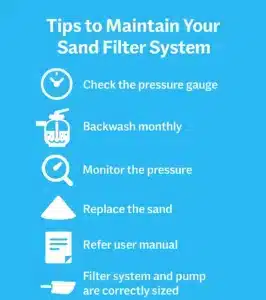
- Check the pressure gauge weekly
- Backwash monthly or after storms or high swimmer loads
- Monitor the pressure reading to detect changes in flow
- Replace the sand media when needed
- Always refer to the manufacturer’s instructions or user manual
- Ensure your filter system and pump are correctly sized for your swimming pool
Final Thoughts
So how does a pool sand filter work It uses sand filter technology to filter water by forcing it through a bed of filter sand, capturing dirt and debris, and returning crystal clear water to the pool. With regular backwashing, cost effective pool maintenance, and periodic replacement sand, sand filters remain one of the most reliable solutions for filtering pool water.
For professional advice, filter servicing, or installation of a new pool filtration system, contact the team at 1 Pool Care. We help pool owners maintain clean, safe, and enjoyable swimming environments all year round.

With over 20 years of industry experience, Adrian Mole is the founder of 1 Pool Care, a leading mobile pool service in Perth. Known for his expert knowledge and reliable service, Adrian delivers professional pool cleaning, equipment repairs, and water balancing across the metro area. Backed by SPASA accreditation, he’s committed to quality, convenience, and customer satisfaction.

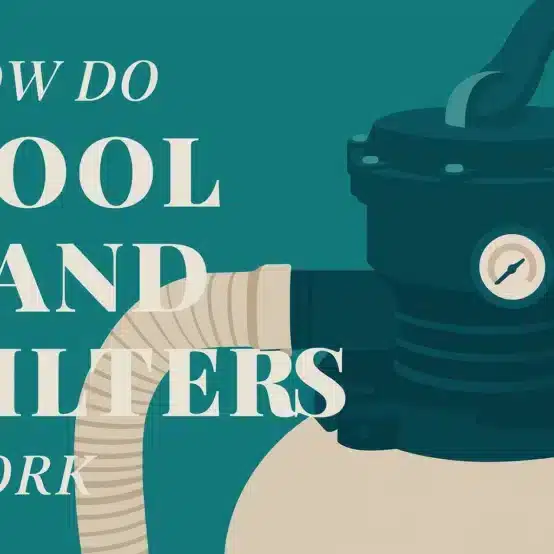
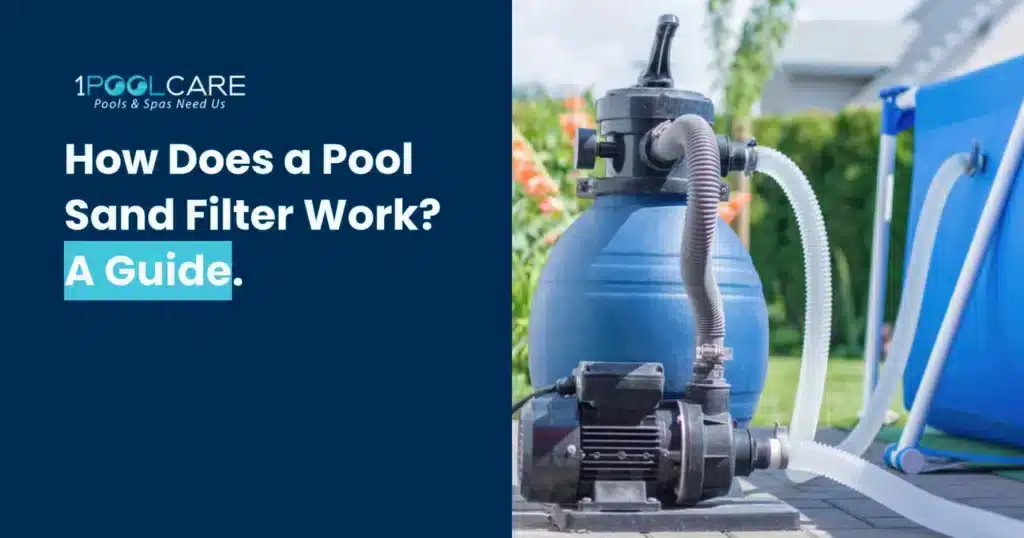
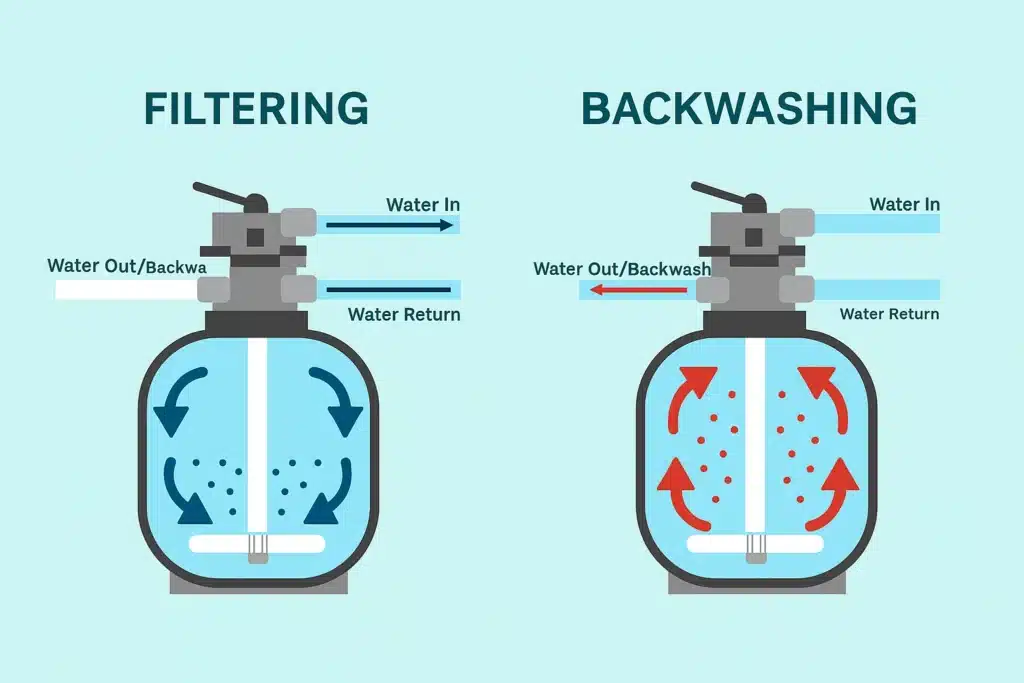

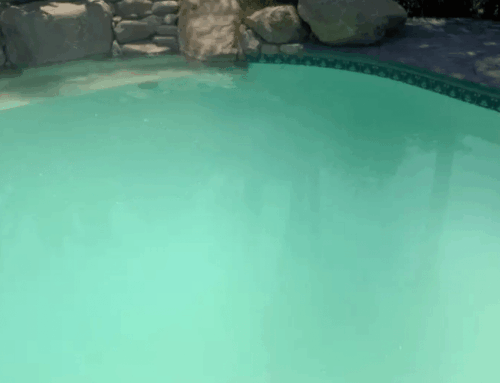
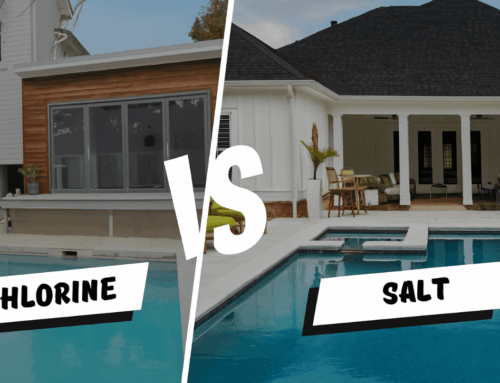
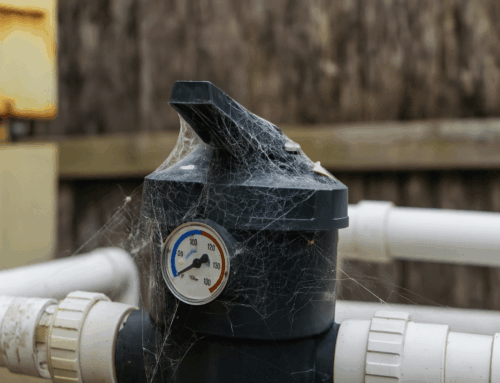





Social Media